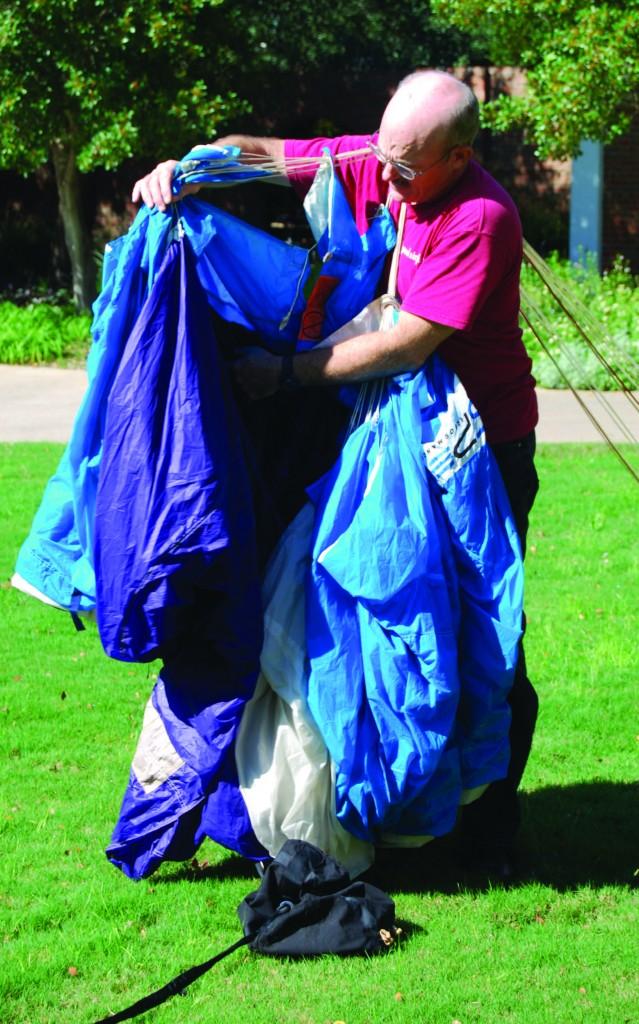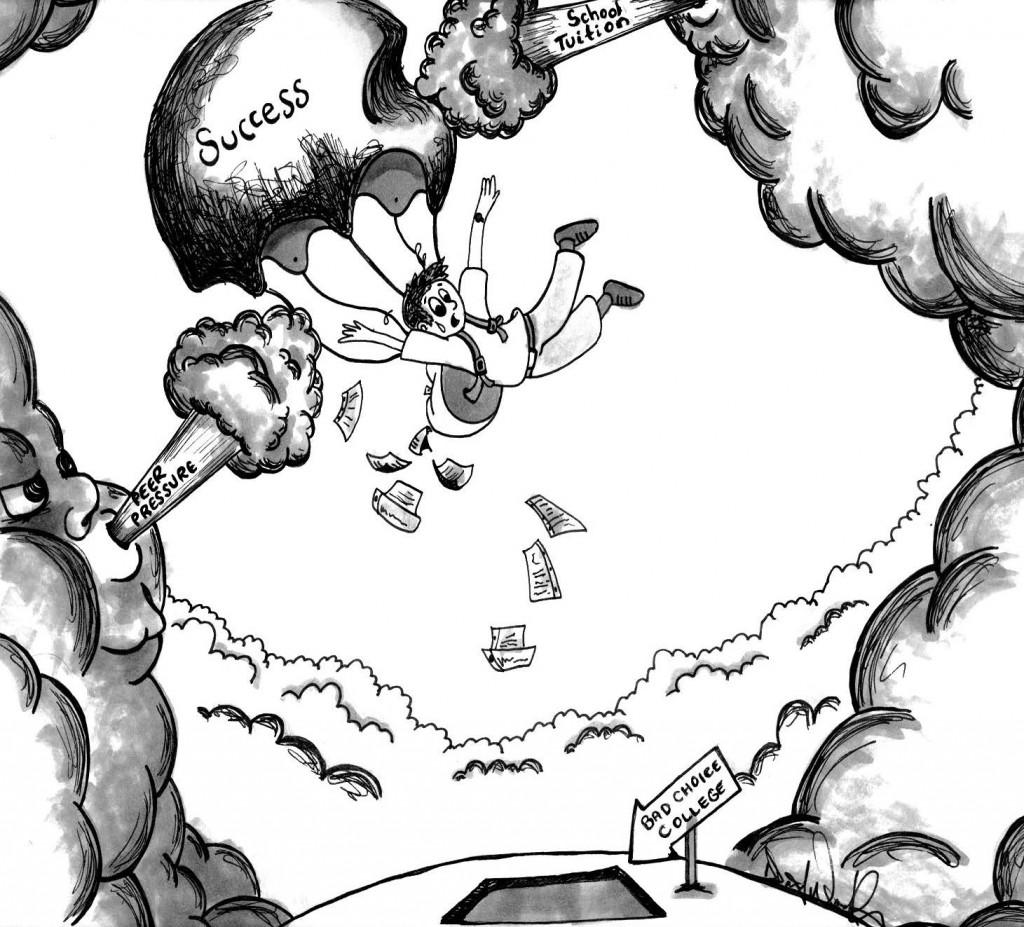By Edna Horton/nw news editor
Using his own life as an example, a UTA associate professor talked to NW Campus students about overcoming obstacles to achieve their full potential.
Dr. Alejandro del Carmen, UTA criminal justice department chair, described the challenges he faced when he came to America as a young boy from Nicaragua and his mother’s helping him to achieve his doctorate.
“I am here to share with you a story,” he said. “They say the key to being a good professor is being able to tell stories.”
Del Carmen said he was 12 when the Sandinistas came into power in Nicaragua and ousted the dictator Anastasio Somoza from office, prompting del Carmen’s family to send him to the U.S.
“I lived through that,” he said. “I remember being a young man and sitting at home and looking out the window of my house and watching tanks pass by.”
He said he would hear helicopters and airplanes as they flew over his neighborhood and dropped barrels of fire. One year, it was safe to go to school for only two days, and even then, they had to run from gunfire. Del Carmen almost got shot in the leg.
“This was not a movie I saw. This was not a book I read,” he said. “My eyes saw that. My nose smelled the smell of death. Hundreds of people died during the war.”
Del Carmen and his sister were the only family members who could leave.
His father put a passport in his pocket and told him he would meet an American family whom they didn’t know, but who knew them. His father said the family would take care of them until his parents could get there.
“Imagine the agony of not knowing where your parents were and whether or not you were going to see them again,” he said.
After his arrival in America, del Carmen lived in Huntsville, Ala., where he was the only Hispanic teenager in his high school. He said other students told him how to ask to go to the bathroom. But he would end up speaking vulgarities to the teacher that he now did not want to repeat.
Eventually, del Carmen’s parents made it to America. He said his mother was tough on him. She would get books from the Salvation Army and make him read them. She would tell him to look at the words, understand what they said and train his tongue to speak them. He said because of his mother’s urging him to change, he was driven to do more.
For one of his high school English classes, del Carmen had to recite a passage from Julius Caesar in class. Though he didn’t understand English, much less Shakespearean English, del Carmen said he went home and studied and memorized the passage. When the class met again, he was the only student who knew it. In his broken English, he recited the passage to his teacher.
“She began to have a stream of tears roll down her cheeks,” he said. “She was really taken by the fact that I couldn’t do it because of my broken English, but I did it because of my spirit.”
Del Carmen urged students not to fall into the failure of wondering why they are here. He said they should work hard, study and stay in school to achieve everything they could possibly achieve.
“I believe to this day the best thing we can do for young people is make them work and go to school at the same time,” he said. “You know why? Because they can realize that school is a lot better.”
When del Carmen received his bachelor’s degree, his father took him out to dinner and asked him if he was finished. He said no and went on to get his master’s. After that, even though people told him he would be so tired of school and wouldn’t want to go anymore, he still went on to achieve his doctorate.
Del Carmen said his mother told him after he had that degree on his wall, she would stop telling him what to do. He said he brought her over to his house one day and showed her all of his degrees.
“Clearly, I can do what I want,” he told her.
“She looked me straight in the eye and said, ‘But I am still your mother.’”
Del Carmen has been a member of the staff at UTA since 1998. He has published several journals and a book called Racial Profiling in America.



























